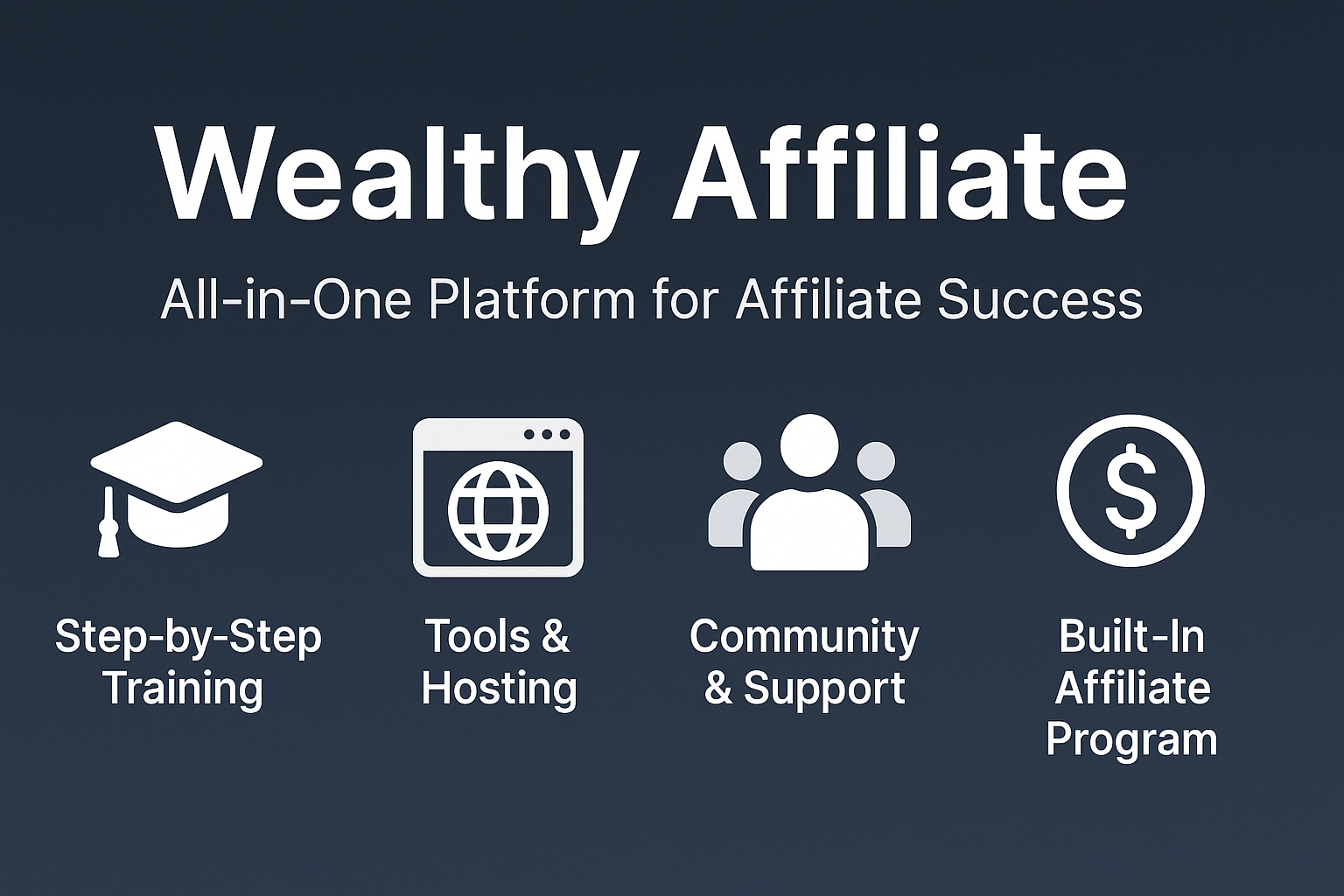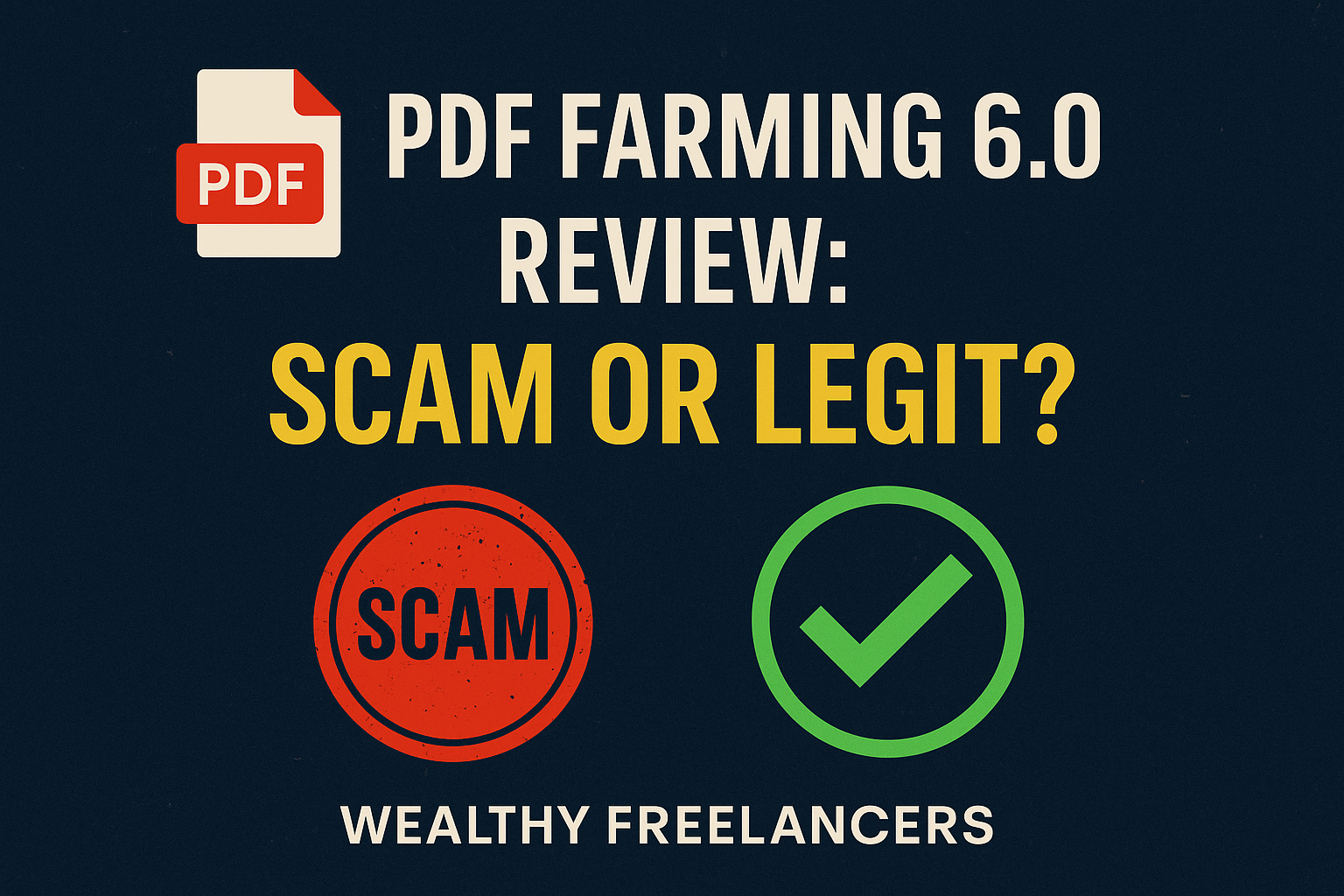Have you ever been so desperate that you are waiting outside a gas station at 11:45 pm waiting until midnight for your paycheck to hit your account so you can buy enough gas to get home. This happened to me back in the day…. many times. Or how about when you finally catch up on your bills and that dreaded check engine light comes on. I am living proof that living paycheck to paycheck doesn’t have to be a life sentence.
What Keeps You Living Paycheck to Paycheck?
Let’s look at some of the main traps that keep you living paycheck to paycheck:
1. Driving New Cars You Can’t Afford
This one is so obvious to me. Contrary to what the slick haired salesman told you at the dealership NO you can not afford that $600 car payment. People also tend to forget about additional costs that accompany driving new vehicles, for example the increased cost to repair and insure them.
Tip: Buy a reliable used car with low mileage. Sites like Edmunds or KBB can help you find value vehicles without breaking your budget.
2. Paying for Unused Gym Memberships
Hot take, gym memberships are overrated. They sound good in theory—but in practice, many of us barely go. The fitness industry thrives on unused subscriptions and overpriced supplements.
There are so many free activities you can do to stay in shape.
- Walk or run outside
- Bodyweight workouts (push-ups, squats, etc.)
- YouTube yoga or HIIT workouts
Keep it simple and save your cash.
3. Eating Out Way Too Often
Trust me nobody appreciates a delicious meal more than me, just ask my scale. However eating out has to be one of the biggest waste of money that there is. Yes the cost of groceries are on the rise but if you shop at the right stores and meal prep there is plenty of money that can be saved. As a bonus, preparing your own food is generally much healthier than eating out at restaurants.
4. Buying Designer Brands
If the recent tariff chaos taught us anything it is that the true cost of a $4000 Louis Vuitton purse is about $20 from a factory in China. You are paying for the brand, not the quality. There are many suitable alternatives that have equal build quality and cost a fraction of the price.
How to Start Saving Today
Before you think that this is some kind of “don’t enjoy anything in life and just work” advice, let’s clear something up—this isn’t your forever plan. Living lean, cutting expenses, and watching every dollar isn’t meant to be your lifestyle for life. It’s a season, not a sentence. Think of it as survival mode with a purpose. Once your finances stabilize and you’re no longer paycheck-to-paycheck, you’ll be in a position to loosen the reins, focus on making more money and start enjoying itwithout guilt or fear. This phase is temporary, but the freedom it creates is permanent.
So let’s see…
Budget, budget, budget, oh ya one more thing BUDGET! I can’t overstate how important this is. You have to budget every dollar you earn. Every dollar has to be allocated for a purpose. Only then you will have a true idea of what your finances actually are. When I first did this I had no idea that I was spending over $600 a month on UBER eats. I knew it was bad but I didn’t think it was that bad. Here are some helpful hints for creating a budget:
Keep your purchases to one credit card – This makes it super easy to keep track of your discretionary spending. You can look at one credit card statement and see exactly where you money is going.
Download a budget template – There are a ton of free templates online that can help you categorize your payments. These templates are also helpful for reminding you of all the monthly expenses that exist. Here are some links to get budget PDF’s:
Automize your payments – Make all the important payments that need to happen automatic. Things like rent, insurance, utilities, and debt payments. Have these payments come out of your bank account automatically, leaving only your discretionary money available to you.
OK, so that takes care of the money coming in and going out. How does your budget look? If there is no money leftover to start investing every month then that is a problem. There are two things you need to do:
Reduce expenses – Take a long look at your expenses and cut or reduce everything that is not vital. You have to be ruthless. Negotiate better insurance rates, ask for a reduction in rent, cancel your cable package (everything good is on netflix anyways), and I better not see any Starbucks charges on there.
Add Income – If the budget still doesn’t allow for any savings then you have no choice but to earn more money. There is a lot you can do to earn extra cash.
Fast ways to boost your income:
- Freelance or start an online business (just skip the get-rich-quick nonsense)
- Sell stuff you don’t use
- Drive for Uber/Lyft or deliver food
- Babysit, pet sit, or house sit
Check out this article: 7 Legit Online Side Hustles You Can Start Today With Zero Investment (No Experience Needed)
How to Start Investing
Ok, so you fixed your budget and finally have some leftover money at the end of each month. I know I know you deserve a treat right? WRONG! Take that extra money and start to invest it. Trust me, watching your investments grow from compound interest is much more satisfying than whatever flavor Ben & Jerry’s you were going to get. While maybe not more than the chocolate chip cookie dough… Good news! Investing is the easiest part. Regardless of the hot stock tip your uncle gave you last thanksgiving, most investors can not beat the return that you get from an index fund. I can’t get into specifics here but there are many reputable companies that allow you to open an account and invest your own money without paying expensive commissions or service fees. The key is to start investing as early as possible and allow compound interest to work its magic. Here are some brokers that are great for beginner investors:
Great Beginner-Friendly Investing Platforms:
There is a famous quote that goes like this:
“The good news is I know how to get you rich. The bad news is the answer is slowly” .
There is no better time to start building wealth than now, so let’s get to work!
FAQs: Breaking the Paycheck-to-Paycheck Cycle
1. Is it normal to live paycheck to paycheck?
Yes, but it shouldn’t be permanent. Nearly 60% of Americans report living paycheck to paycheck—but it’s reversible with budgeting and mindset shifts.
2. What is the best first step to stop living paycheck to paycheck?
Start with a written budget. It shows where your money is actually going, helping you cut waste and regain control.
3. Do I need a second job to save money?
Not always. Cutting expenses might be enough—but if not, a side hustle can make a huge difference.
4. Should I stop using credit cards?
Not necessarily. Use them wisely for tracking expenses, but avoid carrying a balance.
5. How much should I save each month?
Aim for at least 20% of your income. But even starting with 5–10% consistently is better than nothing.
6. Is investing risky if I’m just starting out?
There’s risk in everything—but investing in index funds is one of the safest long-term strategies.
Conclusion: Your Road to Financial Freedom Starts Now
Living paycheck to paycheck might feel like a trap—but it’s one you can escape. With a strict budget, smarter spending, a little extra income, and steady investing, you’ll be amazed how fast your financial situation can change.
*Our website contains affiliate links. This means if you click and make a purchase, we may receive a small commission. Don’t worry, there’s no extra cost to you. It’s a simple way to continue bringing you quality content **
Disclaimer
The information provided in this post is for general informational purposes only and does not constitute financial, business, or professional advice. While we’ve included example costs, profit margins, and industry averages, actual results will vary based on numerous factors — including your local market, competition, customer base, product quality, and marketing efforts.
There are no guarantees of income or business success. You should always do your own research, create a detailed business plan, and consult qualified professionals before making financial or business decisions.






Leave a Reply